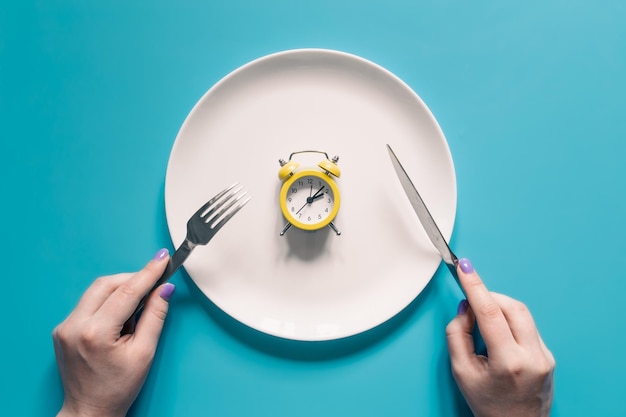In recent years, wellness culture has surged in popularity, with countless influencers and online communities advocating for 'natural' living, clean eating, and hormone-free lifestyles. For many, this means reevaluating long-term use of hormonal birth control—especially the pill. While these conversations are important, they don’t always come with the full picture. One woman’s journey down the wellness rabbit hole serves as a cautionary tale: going off the pill can have serious, unintended consequences if not approached with medical guidance.
Like many others, she began questioning her reliance on the pill after consuming a steady stream of wellness content online. Blogs and social media influencers praised the benefits of 'resetting' the body, claiming that stopping hormonal contraception could lead to clearer skin, improved mood, and even better fertility. With little hesitation and no consultation with a healthcare provider, she decided to stop taking her birth control cold turkey.
At first, the change felt empowering. She believed she was reclaiming control over her body. But within weeks, she began to notice troubling shifts—severe menstrual cramps, unpredictable cycles, heavy bleeding, and sudden mood swings. What she thought would be a path to wellness quickly turned into a health crisis.

Birth control pills contain synthetic hormones—usually a combination of estrogen and progestin—that prevent ovulation, thicken cervical mucus, and thin the uterine lining. Beyond contraception, they are prescribed to manage a range of health conditions, including polycystic ovary syndrome (PCOS), endometriosis, heavy menstrual bleeding, and acne.
For many women, the pill isn’t just about preventing pregnancy—it’s a critical tool for managing chronic symptoms. When stopped abruptly, the body may struggle to reestablish its natural hormonal rhythm, leading to a condition sometimes referred to as 'post-pill amenorrhea' or 'hormonal rebound.'
After going off the pill, some women experience:

Every woman’s hormonal profile is unique. Decisions about contraception should be made in partnership with a healthcare provider who understands her medical history. A gradual transition, proper monitoring, and alternative treatments can help mitigate risks.
In this woman’s case, it took several months and multiple doctor visits to regain hormonal balance. She eventually resumed a low-dose hormonal regimen—not as a failure, but as an informed choice for her long-term health.
Wellness trends can offer valuable insights, but they often lack nuance. Personal anecdotes shouldn’t replace medical advice. While it’s healthy to question long-term medication use, it’s equally important to understand why a treatment was prescribed in the first place.
Experts recommend:
Going off the pill isn’t inherently dangerous—but doing so without medical supervision can lead to serious health consequences. This woman’s experience underscores the importance of balancing wellness ideals with evidence-based medicine.
Whether you're considering stopping the pill or simply reevaluating your health choices, take the time to consult a professional. Your body is complex, and your decisions should be informed, intentional, and personalized.

Health

Health

Health

Health

Wellness

Health

Wellness

Wellness

Wellness

Wellness

Fitness

Health

Health

Fitness

Health

Health